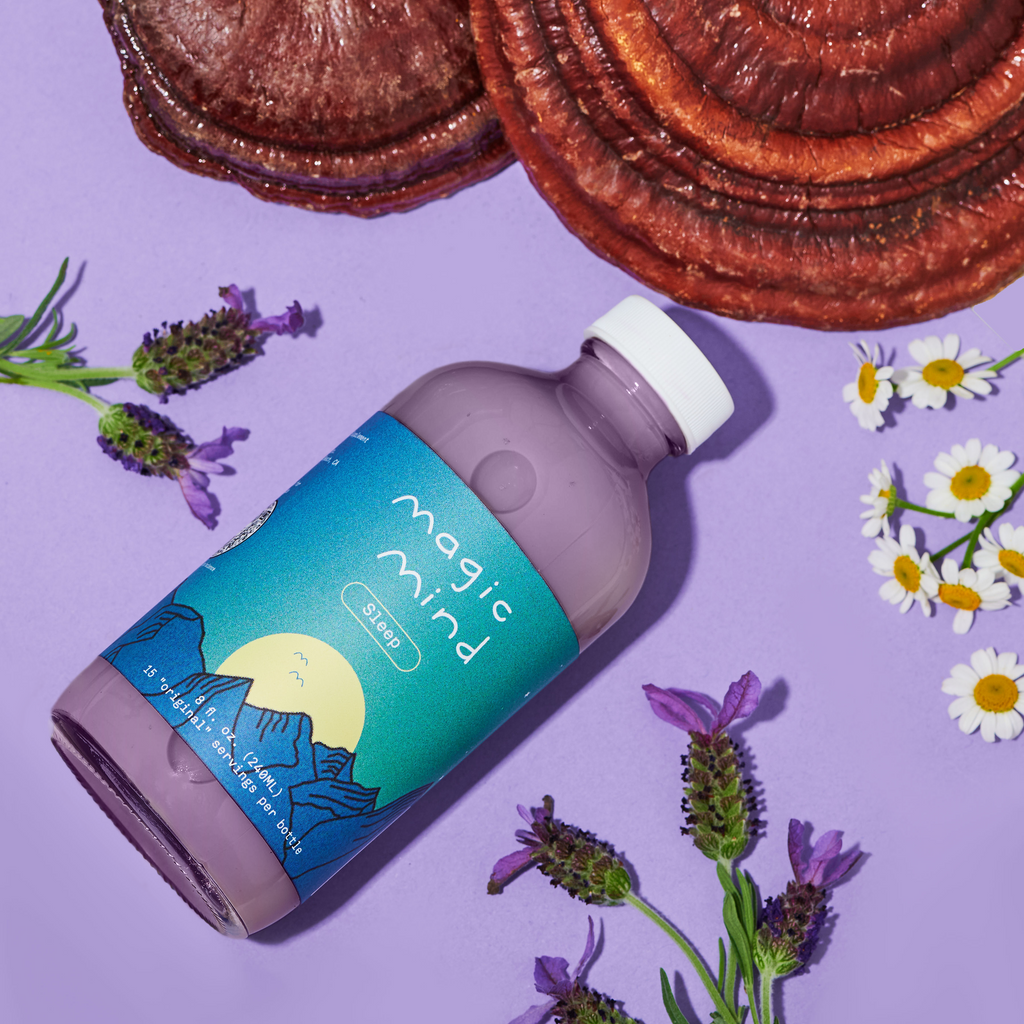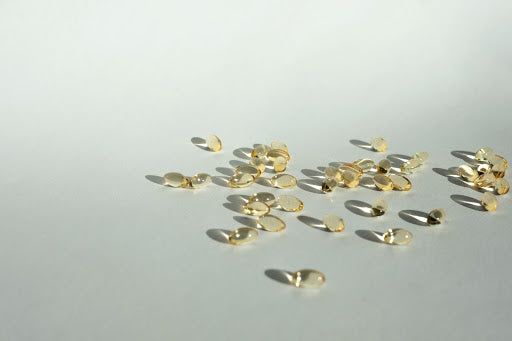Vitamin D3: What Is It And What Are The Benefits?
* Verified by a US-based board-certified doctor.
Are you looking to add more healthy vitamins and minerals to your diet?
If there’s one vitamin you should focus on getting more of, it’s vitamin D3. Vitamin D3 offers a variety of different health benefits, and it can work in conjunction with other vitamins to improve the overall health of your body.
What is vitamin D3? Why is it good for you? Read this guide to learn all about vitamin D3 and its benefits.
Related: Magnesium L-Threonate Benefits and Supplements
What is Vitamin D3?
There are 13 essential vitamins that your body needs. Within these essential vitamins, there are also subsections of vitamins.
For example, vitamin B is an essential vitamin. However, there are many different types of B vitamins, including vitamin B 1, 2,3, 5, 6, 7, and 9.
There are only two types of vitamin D: vitamin D2 and vitamin D3. It’s best to take vitamin D3 when possible, as it’s the naturally occurring form of the vitamin. You’ve probably heard that the sun is the best source of vitamin D.
While this might be true, you can also get vitamin D3 from certain animals. Once vitamin D3 is active in your body, it clings to certain cells to help them regulate phosphate and calcium absorption.
Vitamin D3 can also help increase the overall vitamin D levels in your body. This is why vitamin D3 is the preferred vitamin over vitamin D2, as you need less of it to reap the same benefits. If you’re constantly wearing sunscreen and don’t get much sun exposure, you may not get enough vitamin D.
It’s estimated that 1 billion people worldwide suffer from a vitamin D deficiency. Additionally, 41.6% of the adults in the US are vitamin D deficient.
Related: How Vitamins and Stress Are Related
How Do You Get More Vitamin D3?

So if you want to add more vitamin D3 to your diet, how do you go about doing it? Here are some vitamin D sources.
Farmed Rainbow Trout
Farmed rainbow trout is rich in vitamin D3 and omega-3 fatty acids. Just a 3-ounce serving of trout will provide you with 81% of your recommended daily value of vitamin D3.
Rainbow trout is also an excellent source of B vitamins, protein, and niacin.
Sardines
Sardines are another excellent source of vitamin D3. Around one small can of sardines provides 200 units of vitamin D3. Like trout, sardines are another great source of omega-3 fatty acids.
Omega-3 fatty acids help prevent heart disease, improve eye health, fight depression and anxiety, and reduce metabolic syndrome symptoms.
Sockeye Salmon
Sockeye salmon contains about 71% of your recommended daily values of vitamin D3. While some salmon contain trace amounts of mercury, eating salmon in moderation is totally fine.
Salmon is also rich in protein, omega-3s, and B vitamins.
Eggs

Eggs are much more than just a convenient breakfast food. They’re also a rich source of vitamin D. Just one egg will provide you with about 6% of your daily vitamin D needs.
Eggs are also protein-rich, contain good cholesterol, and can aid in weight loss.
Beef Liver
Liver is one of those foods that people either love or hate. Three ounces of beef liver will provide your body with 5% of its daily vitamin D needs.
Beef liver is also a great source of vitamins B and C. It also contains high levels of potassium, iron, and phosphate.
Supplements
If you’re vegan, you’ve probably noticed there aren’t any options for you on this list. If you’re vegetarian, the only option you really have is eggs.
However, those who are vegan or vegetarian can turn to supplements for their vitamin D3 needs.
Are you looking to buy nootropics? Click here to learn about the best ones on Amazon!
What are the Benefits of Vitamin D3?

So, why should you try to add more vitamin D3 to your diet? Here are some of the primary benefits of vitamin D3:
Improve Bone Health
One of the primary benefits of vitamin D3 is that it helps improve your bone health. It enhances calcium absorption in your small intestine.
If your body doesn’t have enough vitamin D to absorb calcium, it’ll pull calcium from your bones. In turn, this will make your bones weaker. Higher levels of vitamin D3 can also help improve your overall bone mass.
Boost Your Mood
If you’re looking for a natural mood booster, vitamin D3 may be the answer. Studies have shown that people who suffer from depression also tend to have vitamin D deficiencies.
While consuming more vitamin D may not be able to cure your depression, it can help put you in a better mood.
Related: Dopamine Deficiency: Here’s What You Need to Know
Improve Your Immunity
Vitamin D3 can also do wonders for your immunity. It can help protect your body against pneumonia and other acute respiratory infections.
During the COVID-19 outbreak, scientists found a connection between vitamin D deficiency and an increased risk for infection and illness.
Improve Your Heart Health
Studies show that those who suffer from obesity tend to have high blood pressure levels as well as low levels of vitamin D.
Consuming vitamin D can help lower your blood pressure, therefore lessening your risk of heart attack or stroke.
Aid in Weight Loss

If you’re looking to lose weight, vitamin D3 may be the answer. A recent study gave postmenopausal women regular doses of vitamin D3.
The study found that women who consumed vitamin D3 experienced more fat loss, weight loss, and a greater reduction in waist circumference than those who took a placebo.
Vitamin D3: Conclusion
As you can see, vitamin D3 can be very beneficial for your health. Now, you just need to find the right source of vitamin D3 for your body.
Are you looking for the perfect drink to boost your health? Check out Magic Mind!
Do you want to do more with Supports stress management?








